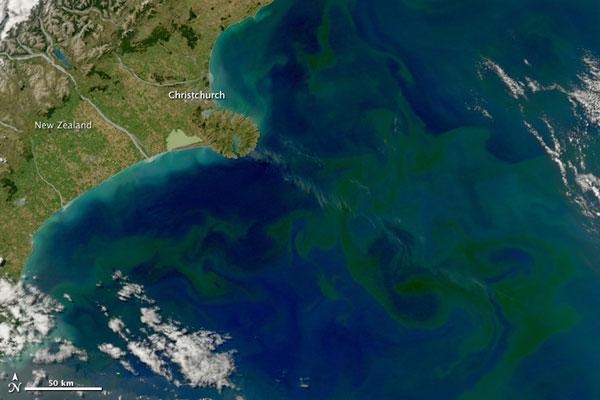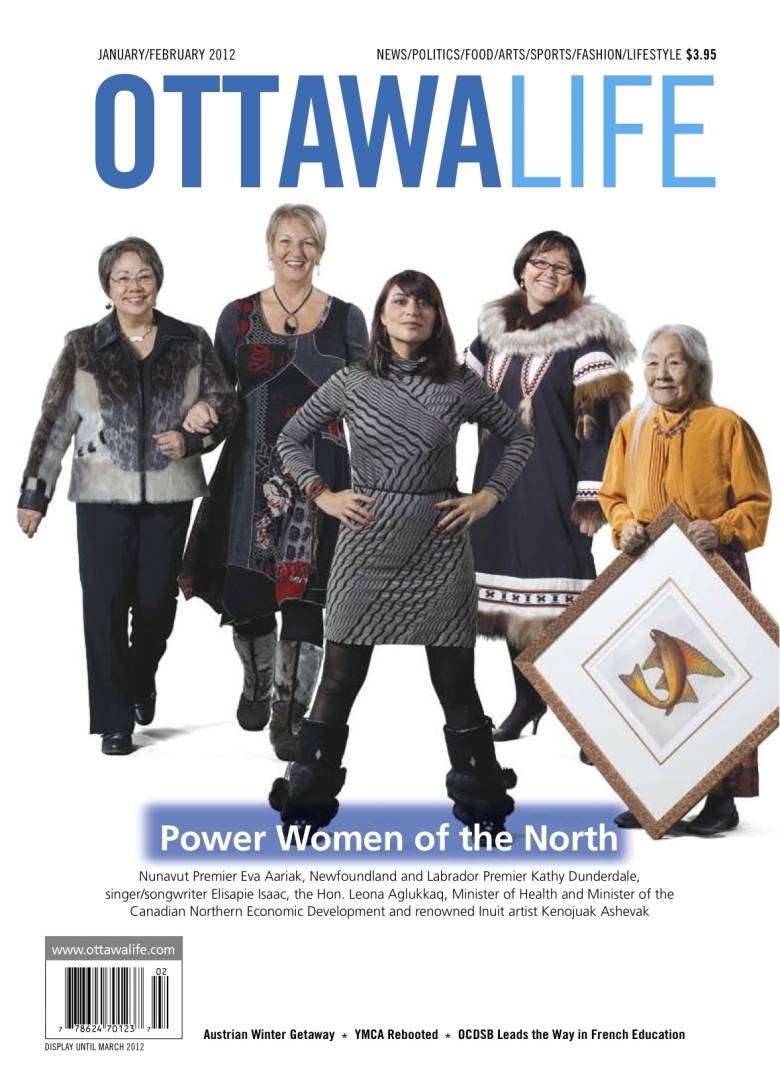
Arctic Inspiration Prize Nominees Announced
Six teams have been shortlisted for the 2013 Arctic Inspiration Prize in recognition of their plans to mobilize knowledge into action in the Canadian Arctic. In its second year, the $1 million prize was established by the S. and A. Inspiration Foundation to recognize and promote the extraordinary contribution made by teams in the gathering of Arctic knowledge and their plans to implement this knowledge to real world applications for the benefit of the Canadian Arctic, Arctic Peoples and therefore Canada as a whole.
This year’s nominees include multidisciplinary teams working on important issues in the Canadian Arctic including Inuit health, northern education and housing, environmental monitoring, and knowledge exchange between the North and South. A total of $1 million will be awarded to between one and five of these teams at the 2013 prize ceremony taking place in Halifax on December 11, 2013. The 2014 award ceremony will be hosted in Ottawa.
The AVATIVUT Program: Implemented in 2012, the AVATIVUT Program involves Inuit high school students from 14 communities across Nunavik in community-based environmental monitoring while providing the opportunity for hands-on student learning on topics including Inuit culture and climate change. The project team, made up of participants from Université du Québec à Trois-Rivières, Institut national de la recherche scientifique, Kativik School Board, University of British Columbia, and Kuujjuaq High School, is proposing to build on and expand the program to the level of a national, then global education program while continuing to produce innovative and culturally relevant educational material for Inuit students that bridges scientific and local knowledge.
CANHelp Working Group: Research has demonstrated that Helicobacter pylori infection, a bacterial infection of the stomach, is linked to high frequencies of stomach diseases in Arctic populations. A successful pilot project to encourage knowledge exchange regarding the bacteria was carried out in Aklavik, NT, by members of the CANHelp Working Group. Researchers from the University of Alberta working with northern community leaders recruited local residents to create innovative and meaningful ways to communicate the results of their findings to the community. The CANHelp team is proposing to expand their program to other northern communities to address concerns about the health risks from H. pylori infection in the broader Arctic.
First Canadians, Canadian First: The National Strategy on Inuit Education – National Parent Mobilization Initiative: Low school attendance rates are a serious problem in Inuit communities in Canada and involving parents in their children’s education is critical to improving education outcomes in the North. The National Committee on Inuit Education and the Amaujaq National Centre for Inuit Education have initiated a national campaign to mobilize parents, with the key message: “Getting children to school every day, all day, well rested and ready to learn”. Through media support, regional roundtables and conferences, community-targeted initiatives, profiling of success stories, and the creation of parent toolkits with tips on how parents can support their children’s education, the National Parent Mobilization Initiative wants to encourage northern students to attend school regularly and succeed.
The Hudson Bay Network: After conducting successful community-based research programs in the Hudson Bay region of Nunavut, The Arctic Eider Society along with community leaders from Sanikiluaq, Kuujjuarapik, Inukjuak and Umiujaq and researchers from Carleton University and the Department of Fisheries and Oceans are proposing to expand their project to the coastal regions of Nunavik. Their multi-community research and monitoring proposal for eastern Hudson Bay would combine community-based training in oceanographic and ecological research techniques with data sharing and outreach through an interactive web platform and social media. The project would address community concerns regarding environmental change in the coastal region, including changing sea ice conditions and effects on wildlife while strengthening integration between Inuit Traditional Knowledge and science.
Ikaarvik: From Barriers to Bridges: Ikaarvik builds on the success of the 2011 Arctic Connections Southern Expedition which inspired the creation of ARCTIConnexion, a program dedicated to building more effective relationships between researchers and Arctic communities. Ikaarvik is led by community leaders from Cambridge Bay, Pond Inlet, Kugluktuk, Pangnirtung and Gjoa Haven; researchers from the Université du Québec à Rimouski and the Institute of Ocean Sciences; and the Vancouver Aquarium and will facilitate the linking of Inuit knowledge with Western science by connecting five Inuit communities with scientific researchers and southern zoos and aquariums. Additionally, the Ikaarvik team seeks to transform the Canadian Rangers Ocean Watch program into a true partnership where communities and scientists work together in the acquisition and interpretation of scientific knowledge.
SakKijânginnatuk Nunalik: Access to culturally suitable and environmentally-adapted housing is one of the most important issues facing Northerners across Canada. Drawing on local Inuit knowledge, professional assessments and literature reviews, team members from the Nunatsiavut Government, the Nunatsiavut Joint Management Committee and the Nain Research Centre as well as researchers from Memorial University of Newfoundland and Labrador, have established requirements for housing needs in the region. SakKijânginnatuk Nunalik would use this baseline information to build and monitor Nunatsiavut’s first sustainable, multi-unit residential dwelling and establish a prototype for Northern housing development that addresses the changing northern climate, infrastructure requirements and Inuit housing needs and preferences and could potentially be applied across Canada.













